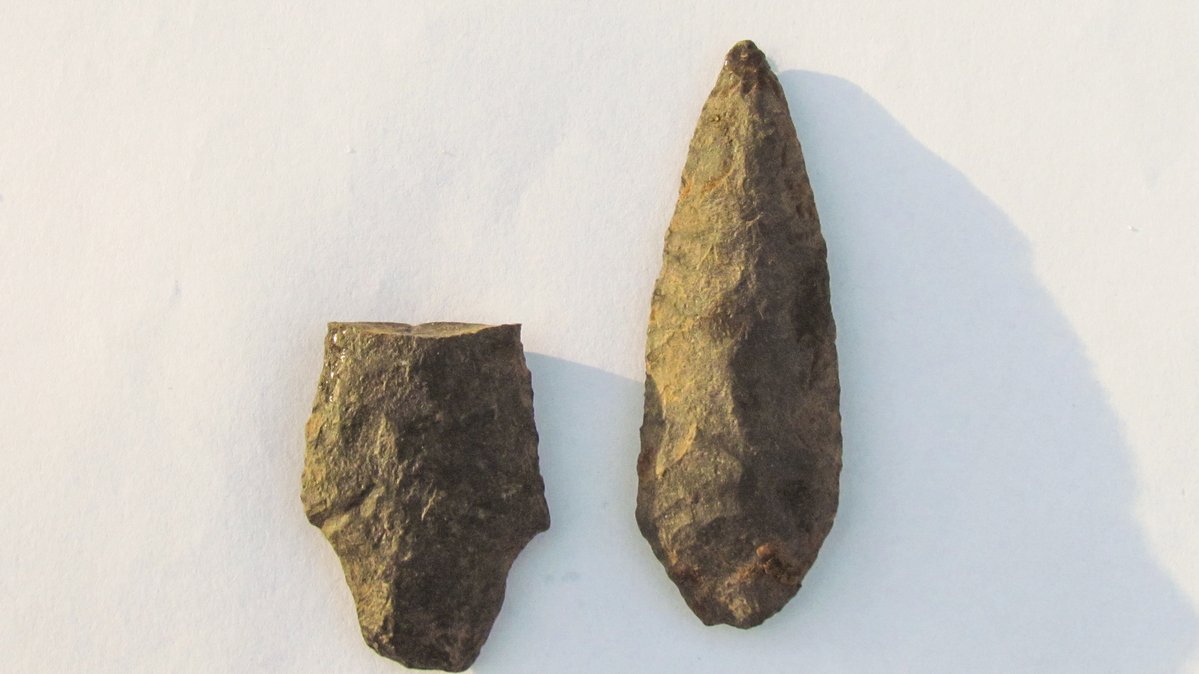Work has been temporarily suspended at the site of a controversial natural gas pipeline in northern B.C., following the reported discovery of Indigenous artifacts.

Earlier this week, members of the Unist’ot’en Camp said they had discovered two stone tools on the site of Coastal GasLink’s (CGL) proposed work camp south of Houston B.C.
The group described it as a “significant archaeological discovery that indicates a longstanding and continued tie between Wet’suwet’en people and their ancestral territories.”
WATCH: Anti-pipeline protesters vow to keep fighting in Northern BC

Coastal GasLink said that upon being notified, it immediately took steps to cordon off the area and that it has requested that a qualified archaeologist and the Oil and Gas Commission visit the site to make an assessment.
The company said that it had conducted an archaeological impact assessment as part of its permitting process, but had not assessed the specific area in question.
“Unfortunately, during the regulatory and permitting process, CGL and its archaeologists were not able to access the 9A site due to road access issues and were therefore unable to conduct onsite fieldwork,” said the company in a statement.
“As a result, experienced licensed archaeologists from Northern B.C. assessed the potential for artifacts at the site. The assessment determined low potential and no further work was required.”
The Unist’ot’en Camp says that it has been combing the site for evidence of cultural use because of the absence of an archaeological assessment.

Get breaking National news
WATCH: ‘I understand your frustration’: Justin Trudeau has fiery exchange over LNG pipeline protests

It says members of the camp showed the stone tools to archaeologists from the Smithsonian Institution, who have estimated that they could be between 2,400 and 3,500 years old.
“Additional stone tools at the site were observed and recorded, but the scale and scope of the necessary archaeological work require the assistance of professional archaeologists,” said the group in a media release.
“The Unist’ot’en have made it clear that this area has been occupied and used continuously by the Wet’suwet’en since time immemorial, up until Coastal GasLink bulldozed our trapline in the first stages of clearing the site.”
On Saturday, a group of First Nations and archaeologists from around North America issued an open letter to the Archaeology Branch of B.C.’s Ministry of Forests, Lands and Natural Resource Operations calling for a halt to all CGL work in the area, and a review of its archaeological permits.







.jpg?h=article-hero-560-keepratio&w=article-hero-small-keepratio&crop=1&quality=70&strip=all)
Comments
Want to discuss? Please read our Commenting Policy first.